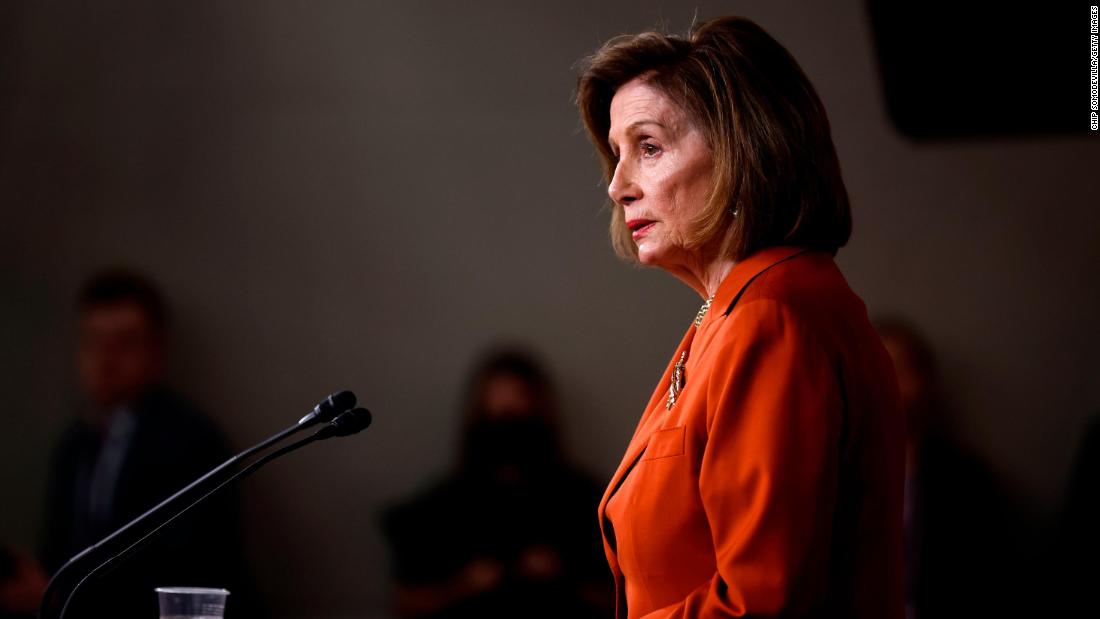During a more than two-hour call between Biden and
President Xi Jinping on Thursday, Chinese officials claim Xi warned, “If you play with fire, you get burned.”
Is Xi bluffing? Only he knows.
What’s fascinating about this high-stakes showdown is that before she came down with Covid-19 last spring, Pelosi
was planning to visit Taiwan in April. China had denounced the trip, but the reaction didn’t include the fuming fury visible now. There’s something about the timing of the visit that has raised hackles in Beijing. And by Beijing, we mean Xi.
And that’s where the answer to this conundrum may lie.
This is a critical time for the Chinese leader. The Chinese economy is facing its most dire challenges in decades. After years of galloping at blinding speed, GDP growth
has stalled. Xi’s zero-Covid strategy is causing discontent amid
rising youth unemployment. And his regime is facing a
dramatic mortgage crisis,
teetering financial giants and
mass street protests.
All of this is happening ahead of a key event
expected to be held this November. Not the US midterms, but the Chinese Party Congress, when Xi is expected to be formally named for an
unprecedented third term as the country’s leader. (The constitution was amended in 2018 to allow him to potentially serve indefinitely.)
This is the perfect time for Xi to take on the United States, to show the Chinese people how he’s unafraid to challenge Washington, DC. A confrontation with the US could swell Chinese nationalism, already primed with anti-American sentiment, and distract from the country’s internal problems.
The fact is that a visit by Pelosi now would give Xi the opportunity to bolster his credentials by leading the country in nationalist fervor amid a confrontation with the US.
The dilemma is clear: If Pelosi backs down, allowing China’s threats to prevail, it could embolden Beijing — making the US look weak and Taiwan look vulnerable. If she doesn’t, there’s a risk of confrontation. China has been increasingly willing to stake its claims through
military means in recent years.
Pelosi herself
has suggested the Pentagon is worried the Chinese could attack her plane. What would happen if they attempt to interfere with her flight?
The world is on a knife’s edge already, with a raging
war in Ukraine. The last thing anyone needs is another military conflict. But a small spat — which could easily escalate — could still serve Xi’s purposes.
For what it’s worth, during today’s call Xi and Biden
reportedly agreed to manage their differences
responsibly.
The White House said that Biden
told Xi that “the US ‘strongly opposes unilateral efforts to change the status quo or undermine peace and stability across the Taiwan Strait,” reminding him that a visit by Pelosi would not signify a change in US policy.
Pelosi, while still not unveiling her plans, reaffirmed a few days ago her long-held commitment to Taiwan, one of Asia’s most vibrant democracies and one that remains under ever-increasing threat from Beijing. “I think that it’s important for us to show support for Taiwan,”
she said.
Allowing Taiwan to continue charting its own course has been one of the subtexts of international support for Ukraine in the face of Russia’s invasion. The parallels between Ukraine and Taiwan, two democracies claimed by much larger, powerful and ever more
aggressive neighbors, is striking. Beijing
has been watching Western support for Ukraine, and the West has been watching Beijing, pondering what lessons it is learning from Russia’s experience.
That’s why a message of solidarity with Taiwan is important. That’s why a usually-divided Washington has maintained
bipartisan backing for Taipei, and why the Biden administration has given muscular support to Taiwan. In the past few months, the US has
boosted weapons sales,
increased naval patrols and given diplomatic backing, including
with other visits from US officials.
Biden has gone as far as declaring three times that the US
would come to Taiwan’s defense if China attacks. The statements marked a departure from Washington’s policy of “
strategic ambiguity,” which leaves the question unanswered, and could be interpreted as putting in doubt Washington’s “One China” policy. That policy maintains that, in US eyes, the government in Beijing is the sole government of China, without recognizing Taiwan (officially the Republic of China) as a separate country.
There’s no perfect solution to this dilemma. The closest to one would be an announcement that Pelosi will definitely go to Taiwan, but will do it later, perhaps next year, when the November party Congress has passed; when Xi has less to prove; when a visit by a House leader can reassure the people of Taiwan that the US values, respects and will help the defend their democracy, and can say it in person, without lending a hand to Xi.







More News
Biden Puts Arms Shipment to Israel on Hold Amid Dispute Over Rafah Attack
With a Gaza Cease-Fire in the Balance, Netanyahu Maneuvers to Keep Power
Senator Mike Braun Clinches G.O.P. Nomination for Indiana Governor